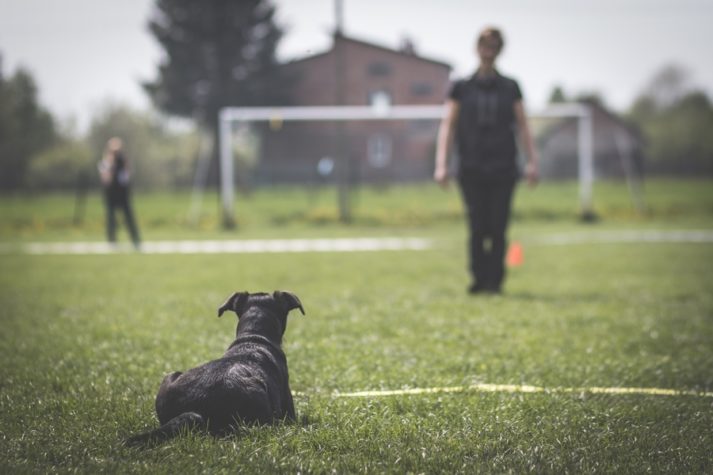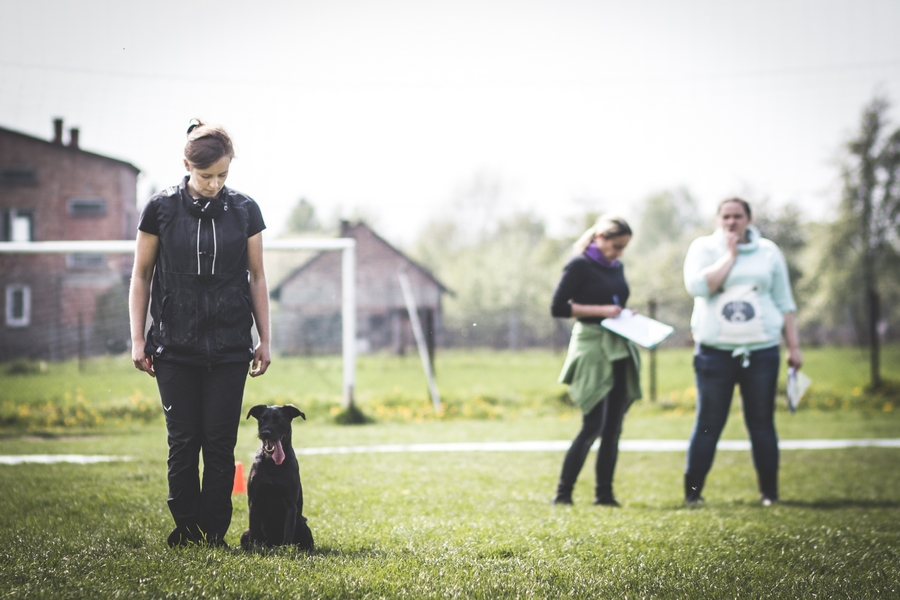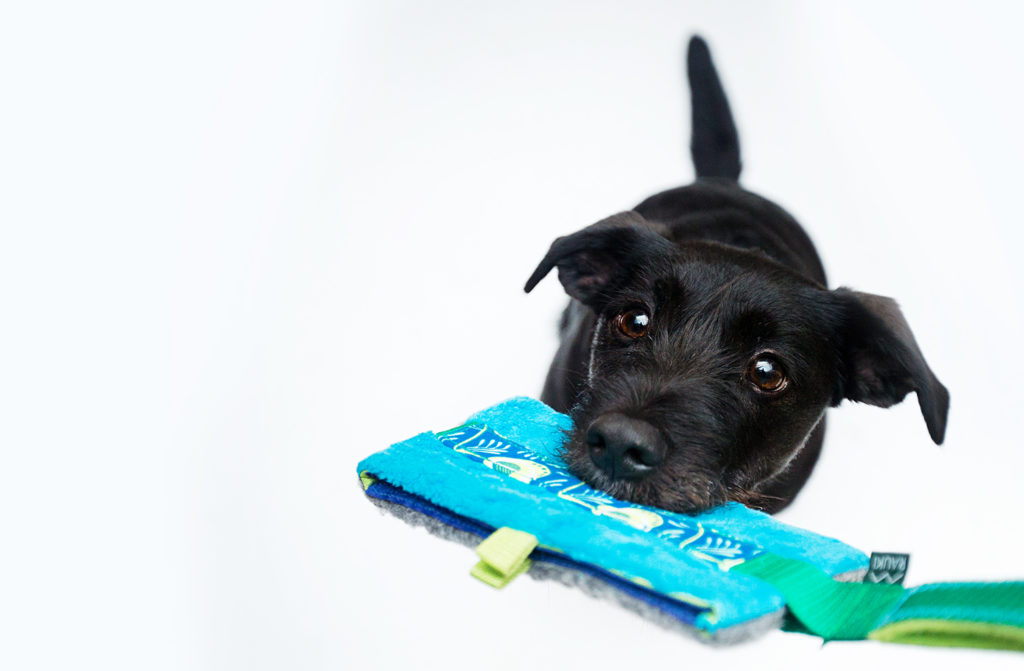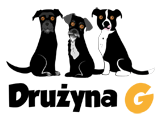
Training session, you cue your dog to sit, and instead of doing so he lays down! Dog has made a mistake… NO, there is nothing more wrong that saying “a dog has made a mistake”
First of all I would like to address what a mistake is. In dog training world many believe it is when dog has made an incorrect responses. In my opinion dogs don’t make mistakes by responding “incorrectly” for a cue. Dog is responding to a stimulus with a behavior that is relevant for him in this particular situation. This means that technically there are no incorrect responses and mistakes.

We must look at the whole picture of what has just happened if our dog has responded with a different behavior to a cue. In my observation, the most common reasons for such response are:
- What dog perceives as a cue is different from what handler thinks is a cue. For example; each time handler says verbal cue “down” for a lay down behavior, he also simultaneously nods his head. This is just an unconscious behavior presented by the handler, which he is not aware of. Once handler didn’t nods while saying verbal cue “down”. Dog did not responded. Lack of response is not a mistake. It’s an information that a cue relevant for a learner is not only a verbal “down” but a verbal “down with a head nod”. If there are a lot of “non-cues” present in our training, the likelihood of an undesired response of our learner is much bigger.
- We are often not aware how big impact environment has on our learner, not only in terms of stress or anxiety. Dogs tend to pick out cues from the environment and when we suddenly change our training location those cues can be missing. It is important to acknowledge it and find what is different in current training environment from the previous one, where our learner was responding to our cue. Environment can also increase the chance of competing stimulus, that have greater history of reinforcement.
- Stress is often a huge factor that impacts responses of our learner. Stress is the enemy of a learning process. If an organism is focused on coping with stress triggers then he may be in a freeze state, absolutely unable to learn. I often see dogs responding with freeze to a cue given by a handler. Many people perceive this as if the dog is “ignoring” them.
- Too fast progression with learning stages. It often happens if we don’t have a plan. Planned progression for teaching a behavior is necessary to control all the variables and adjust steps for the learner.
- If a dog responds with a different behavior to a given cue we may also want to take look at the stamina. Training sessions are often mentally and physically demanding. One of the very first symptoms of fatigue (both mental and/or physical) is delay, or lack of response to a cue.

Different than desired response from our dogs should be perceived as a valid and crucial feedback to our training plan. It gives us a valuable information about what our dog thinks about our training, and to what he really responds.
So next time your dog does not respond to a cue, take a break and analyze what has just happened. Adjust and be a better trainer for your dog ?
